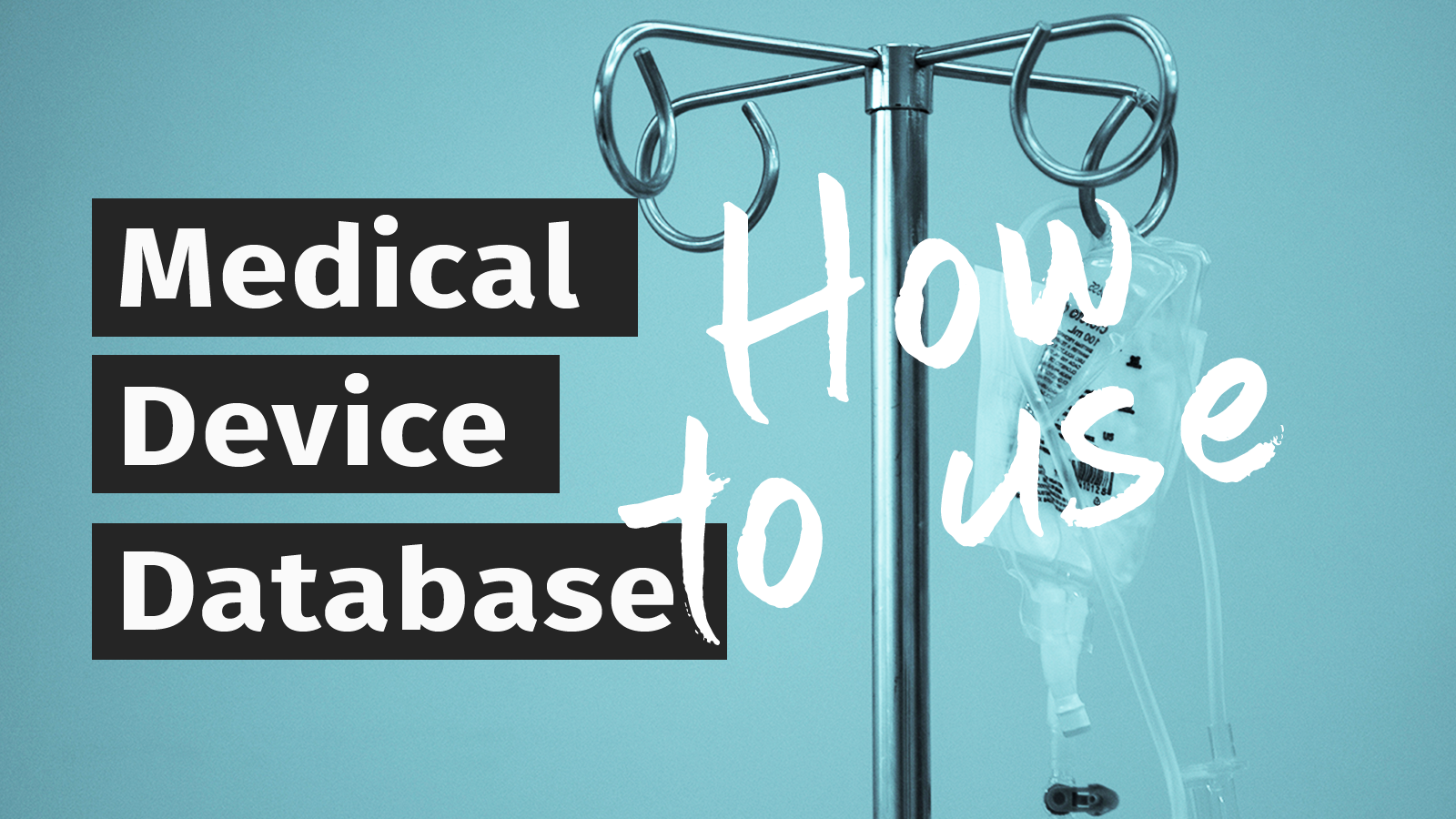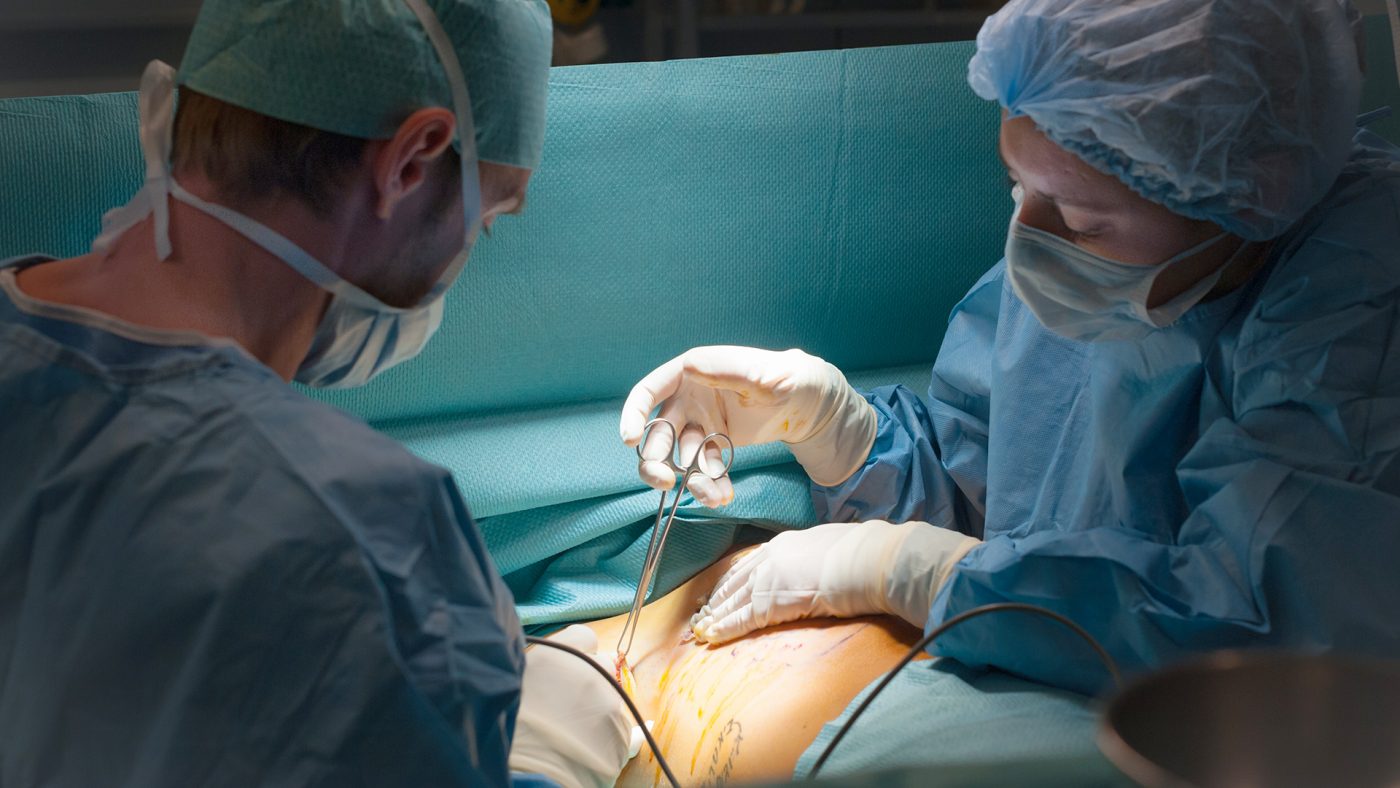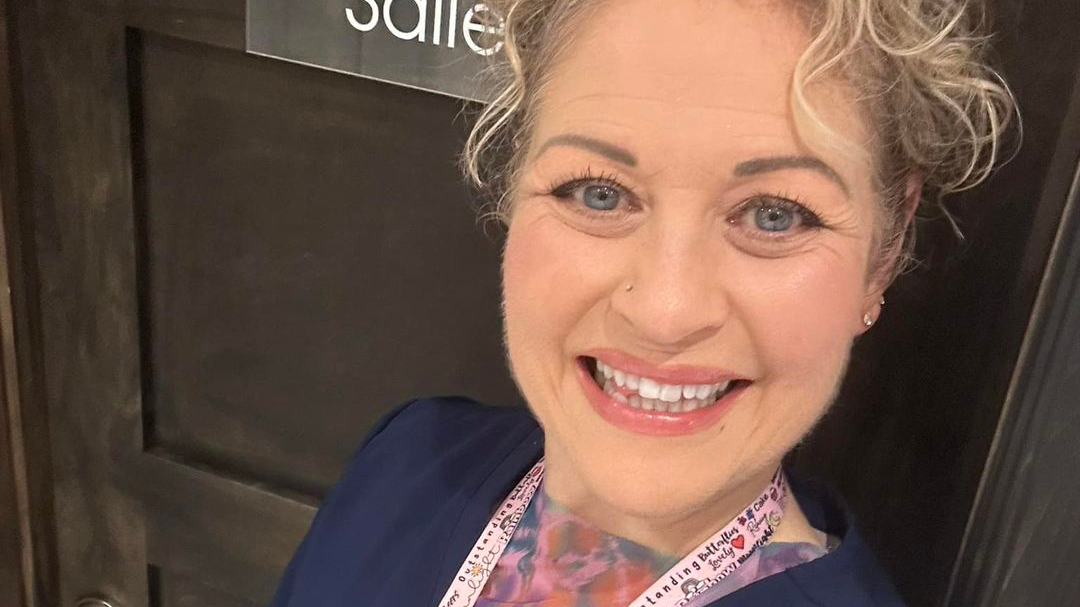Our team of more than 200 journalists spent a year investigating medical implants because of people like Karen Randell.
Randell, who lives in Auckland, New Zealand, says a product intended to repair her abdominal wall and prevent hernias has instead caused unending agony. “I barely leave my home because of the pain,” she told us.

Her implant, called Ethicon Physiomesh, was recalled globally by Johnson & Johnson in 2016 because of abnormally high complication rates. Thousands of women have sued, claiming the mesh caused bleeding, severe pain and a host of other complications.
Randell, who says she is simply “existing,” is one of 3,000 people from 55 countries patients who responded to an ICIJ callout — a number that doesn’t include hundreds of patients who we spoke with while reporting the initial stories.
These patients, in turn, are just a tiny sliver of a global population of people harmed by medical devices that are often approved for sale with little or no clinical safety evidence. The Implant Files, a global collaboration led by the International Consortium of Investigative Journalists, found that health authorities are failing to safeguard patients from medical devices that have been linked to more than 83,000 deaths and more than 1.7 million injuries in the past decade.
In the three months since we published our first stories, regulators around the world have vowed to fix gaps in medical device oversight.
Some of the promised reforms appear poised to transform national health systems. Other declarations, our reporting has found, initially sounded bold and sweeping — but have not been backed up by action.
Here is what we know so far.
Team Canada, out in front
Canadian health authorities have done more than hint at change: they’ve created a plan that includes both specific steps and a timeline for implementation. Coming changes include new evidence requirements for high-risk devices, mandatory reporting of adverse events by Canadian hospitals and more medical device facility inspectors.
Other countries have taken substantial first steps, but the end result remains unclear.
The German health minister vowed to build a national registry to track device safety and performance. The government introduced legislation that would compile the register within three to five years, but the bill hasn’t been voted on yet.
In the Netherlands, the health minister has called for a long list of reforms. But many of the most concrete steps are contingent on new Europe Union regulations that will not be implemented until 2020.
In India, regulators convened for the first time to discuss a “road map” for device oversight — more than a decade after legislation to regulate medical implants was proposed but never enacted.
The U.S. pledged sweeping reforms…
The greatest disconnect between rhetoric and reality may be in the United States. The day after the Implant Files launched, Commissioner Scott Gottlieb of the U.S. Food and Drug Administration pledged to boldly reform the agency’s widely used fast-track pathway for device approval, known as the 510(k) process.
He also vowed to improve the agency’s monitoring of patient harm linked to devices, vowing that the FDA would be “consistently first among the world’s regulatory agencies to identify and act upon safety signals.”
Today #FDA announced the most significant modernization of the 510(k) medical device review process in a generation. https://t.co/aJgNOwZUwJ
— Scott Gottlieb, M.D. (@SGottliebFDA) 26 November 2018
…but critics see little meaningful change
Some of what Gottlieb proposed has been in the works for years. Other pledges wouldn’t alter what experts say is the fundamental flaw with many approvals — the absence of clinical evidence that show devices are safe and effective.
The agency’s call for manufacturers to use newer devices when seeking quick certification based on “substantial equivalence” to an existing device does not enhance safety testing standards.
The monitoring reforms — an initiative to compile and analyze medical device data known as the National Evaluation System for Health Technology (NEST) and a program to enhance oversight by adding a serial number or barcode to each individual device called a Unique Device Identifier (UDI) — are longstanding FDA initiatives that have languished for years without being fully implemented.
The FDA said it is considering additional steps to improve the 510(k) process, some of which may require approval by Congress, and that it is soliciting comments from the public on how it should proceed. The agency said it plans to have a preliminary version of NEST operational by the end of 2019, and that as of this month, 190 vendors of electronic health records can scan UDI codes into their records and are certified to meet UDI standards.
“We believe these and other efforts we have planned will have a significant impact on modernizing the 510(k) process and on our commitment to enhancing the safety and effectiveness of medical devices for patients,” the FDA wrote in response to questions from ICIJ.
Governments are creating registries to keep tabs on medical device safety
A medical registry is a collection of health and demographic information about a group of patients with a specific characteristic, such as those with a particular type of implant.
New registries take several years to compile enough patient data to allow researchers or health authorities to draw substantial conclusions.
In addition to Germany, the United Kingdom is considering a nationwide registry of medical devices, and has drawn up plans to enact it.
The U.S. has launched registries in recent years for breast implants and mesh, which the FDA now emphasizes as key elements of its plans to enhance its oversight of these devices.
Regulators in the Netherlands and Italy have also expanded or strengthened reporting requirements for their countries’ registries.
Diana Zuckerman, the president for the National Center for Health Research and an advocate for patients harmed by flawed devices, says that all registries are not created equal. Effective ones must require physicians to report to them, must be open to the public, and must track the full range of health problems affecting patients, Zuckerman said.
It is not yet clear if the new registries under consideration will meet all of these criteria.
There is renewed attention to the safety of breast implants
A wave of regulatory action has roiled the breast implant industry, and more is likely coming. ICIJ had revealed that thousands of injuries linked to breast implants had been hidden from public view as new health risks related to the devices emerged.
The fallout began when the European certification for textured breast implants produced by Allergan expired about a month after the Implant Files’ publication. Rather than renewing the certification for another five years, which usually occurs routinely, a European oversight body declined to certify the products, citing their association with elevated risks of a rare cancer known as Breast Implant-Associated Anaplastic Large Cell Lymphoma (BIA ALCL).
The decision, which stopped the implants from being sold across the European market, set off a chain reaction:
Dec. 18, 2018: The French health ministry announced a recall of all Allergan textured implants that remained in French hospitals, prompting the devices to be suspended from the market across the European Union. French authorities also convened an expert committee to investigate a long-term solution. On February 8, the committee called for a permanent ban on one of the two products that had been suspended, Allergan Biocell implants.
Dec. 20, 2018: Health authorities in Brazil, the world’s second leading market for breast implants, suspended Allergan textured implants.
Feb. 6, 2019: In the U.S., the FDA sent a letter to doctors across the country warning them of the association between breast implants and ALCL. It had previously announced a public hearing on breast implant safety that will take place in late March.
Feb. 12, 2019: Health Canada re-opened a safety investigation into breast implants after previously contending that further review was unnecessary. (The U.S. and Canada have both declined to impose restrictions while their inquiries are underway).
In the fourth quarter of 2018, Allergan’s global breast implant sales declined 74 percent from the same period in 2017.
Many patients still feel helpless and ignored
In Spain, ICIJ’s partners at broadcaster La Sexta received more than 5,000 messages from medical device patients within 24 hours of airing the Implant Files. ICIJ has received more than 3,100 responses to an online callout inviting patients to share their stories.
Women have been at the forefront of pushing for change.
Women injured by devices including breast implants, the birth control device Essure and vaginal mesh have formed powerful communities on social media and pressed health authorities to regulate these devices more strictly. Essure was removed from the U.S. market last year after intense pressure from patient advocates.

Randell, the mesh patient in New Zealand, hopes to travel to the U.S. because she can’t find a surgeon in her country who is trained to remove the mesh from her body, but currently can’t afford the trip. She is also pursuing legal claims to try to get compensation for her injuries.
“This is not living,” Randell said.
In a written statement to ICIJ, Johnson & Johnson noted that it had voluntarily withdrawn Physiomesh from the global market in 2016. “We empathize with any patient who has experienced complications after surgery,” wrote spokeswoman Mindy Tinsley.
Yes, implants save and improve lives in the large majority of cases
Representatives for the device industry have said the widespread attention to device problems misses the big picture of the benefits that the industry provides.
“I would hate for a series of stories to leave the impression that medical innovation hasn’t been a remarkably good thing for the human condition,” said Scott Whitaker, the president of AdvaMed, the leading U.S. trade association for device manufacturers.
Advamed pointed to a 2010 study that found that less than 0.5 percent of devices approved under the 510(k) process over a five-year period were recalled for serious or life-threatening problems.
ICIJ’s reporting found that medical devices, including many of types of high-risk implants, have indeed helped millions of people live better, longer lives. Some of the reporters on our team have implants, and are glad for them.
We are still investigating. Can you help?
If you or a loved one had a medical device injury, we want to hear your story.
If you have worked for a medical device company, we want to hear your story.
If you are a physician who routinely uses medical implants in your practice, well, you get the drift.
Do you have an implant? We can help.
Our International Medical Devices Database has more than 90,000 records from 18 countries.
The interface is now available in French, Spanish, Korean and English. If you know someone who is getting a medical device (not just an implant) then make sure you share it with them!
It could help find a recalled device, or a safety record or incident relating to one.







